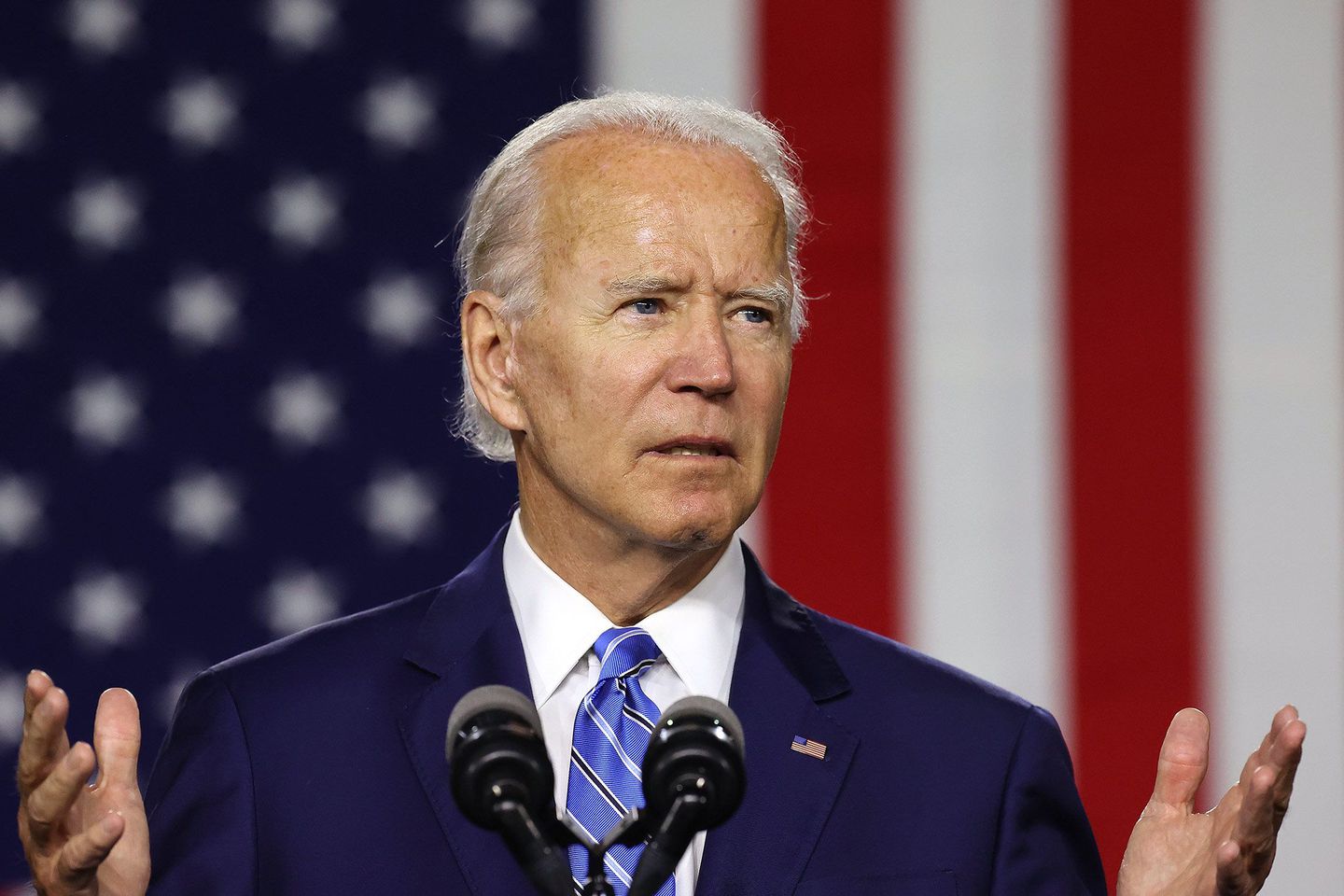UNITED States president Joe Biden’s administration has for the first time acknowledged the economic damage that was caused by allegations made by its ambassador to South Africa, Reuben Brigety.
In an interview with the Mail & Guardian on the sidelines of the Africa Growth and Opportunities Act (AGOA) forum on Friday, deputy assistant secretary at the US bureau of African affairs Joy Basu said that the American government recognised the impact of Brigety’s comments.
Basu holds a high-ranking position similar to that of a director general in the South African context. The US has in the past refused to take any accountability for the damage caused by Brigety’s accusations against South Africa, instead simply saying that it had moved on.
The US envoy unleashed a diplomatic storm that battered the Rand and made international headlines in May, when he told a media briefing that South Africa had loaded arms destined for Russia onto the sanctioned vessel, Lady R in December.
Pretoria had already riled its Western allies by positing a “non-aligned” stance in Russia’s war in Ukraine. In the days following Brigety’s allegations, which put South Africa’s trading relations with the US in jeopardy, the rand fell about 4.6% to its weakest level against the dollar, stopping just short of breaching the R20 level.
The allegations had also placed South Africa’s interest to benefit from Agoa in jeopardy. President Cyril Ramaphosa then established an independent panel which investigated the allegations. It found that there was no evidence to substantiate the allegations.
The US government had also failed to produce evidence to justify its claims, Ramaphosa announced during a national address in September.
Said Basu: “I think it has really increased the dialogue between our two governments which is good and I think the seriousness of the impact [which] we have heard from the business community, from our political partners and in Washington we recognise the effect.”
The US lawmakers in congress will in the near future make a decision on whether to extend Agoa. The South African government has pushed for it to have an early extension however some US lawmakers expressed their concerns over South Africa’s close ties to Russia. Ramaphosa has sent several envoys to Washington in the past few months to negotiate for South Africa to remain part of Agoa.
In late July, a delegation led by trade, industry and competition minister Ebrahim Patel travelled to the US to explain South Africa’s non-aligned position on the Russia/Ukraine war and to fight for the country to remain eligible for preferential access to US markets through Agoa. Members of the delegation have expressed optimism about convincing US lawmakers of the benefits — both to the world superpower and to the continent — of South Africa’s inclusion in Agoa.
South Africa is also pushing for the early extension of Agoa in an effort to bring about further investment in the region. Basu said that South Africa still needs to do more to engage congress, “and to explain not only its perspective but its position”. “I am somebody who deeply believes in engagement, you can never have enough engagement so I still see opportunity for that and I hope that South Africa with its civil society and the government can engage directly with congress to build that shared understanding and to build that sense of – not only the effects of history – but the way that South Africa thinks about its future.
I think that engagement is appreciated and I think there is opportunity for continued engagement directly from South Africans.” Basu said that South Africa’s divergent position to that of the US on Palestine would not threaten its prospects in Agoa.
“I don’t think it needs to be a threat but I think we need to rise above the rhetoric and talk about our shared interests and build upon those and do so in a transparent way.” South Africa has previously likened the occupation of Israel into Palestinian land to apartheid.
In 2017, the ANC’s national policy conference decided to adopt a resolution made by the ANC in the Western Cape to downgrade South Africa’s embassy in Israel, because of the expansion of Israeli settlements into Palestinian territories.
That resolution would then be brought to the elective conference where it would have to be approved before it could be put to government. In 2019, the then minister of international relations and cooperation, Lindiwe Sisulu, clarified that a decision had been made to not replace the ambassador. — M&G


